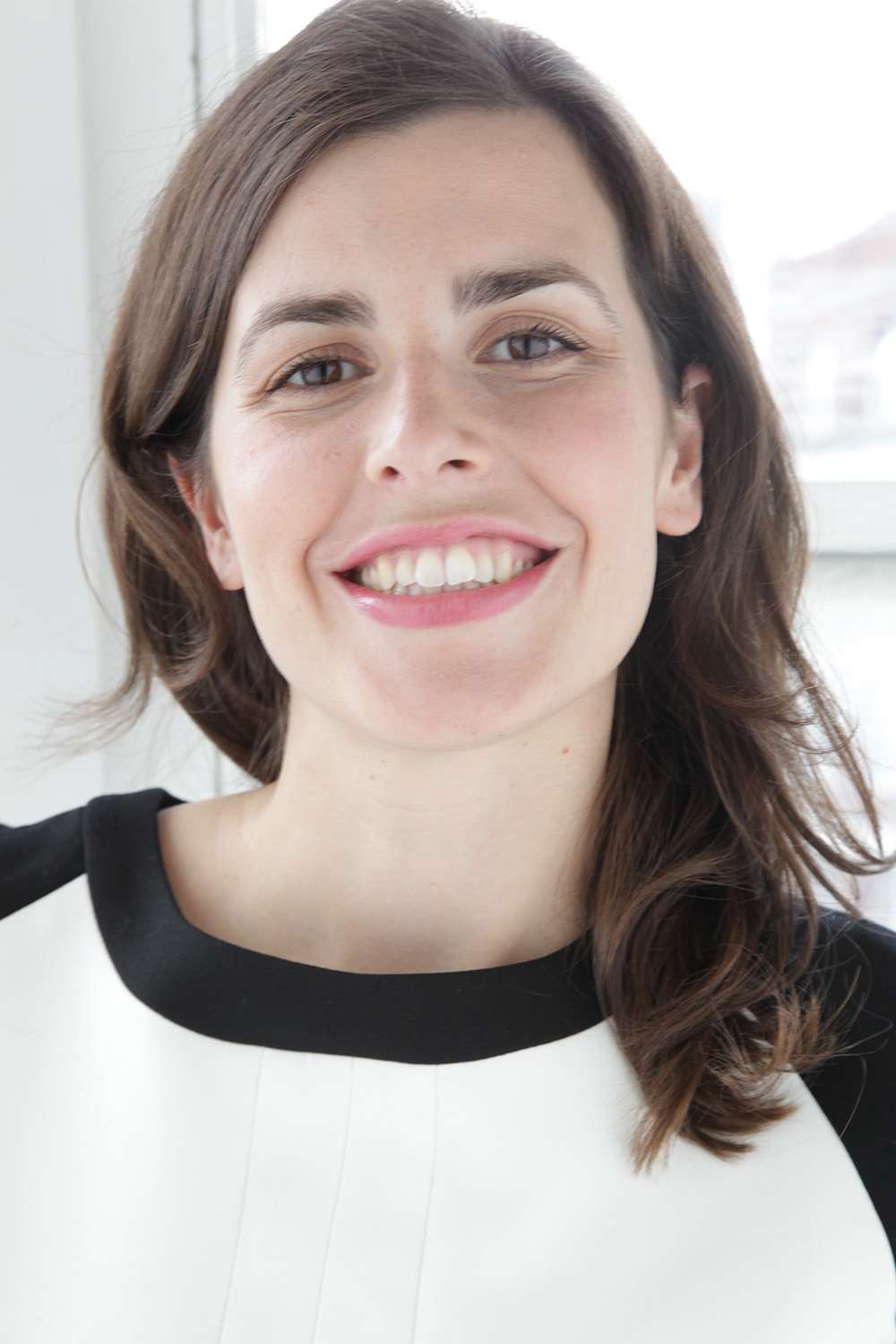A microbiologist turned social entrepreneur, Joana Moscoso (PhD Life Sciences 2013) is the Co-founder and Director of Native Scientist, a non-profit outreach organisation connecting underserved children with scientists, tackling educational disadvantages and promoting science and language literacy. The company was founded in 2013 during Joana's time at Imperial and recognised with the College's Inspirational Partner Award for Societal Engagement in 2016. In 2022, it won the UNESCO King Sejong Literacy Prize, an annual prize awarded to institutions or individuals for their contribution to the fight against illiteracy.

We spoke to Joana about her time at Imperial, her career highlights and lowlights, and the importance of finding a balance between studies and personal life.
Can you tell us about your studies at Imperial?
The first time I learned about bacteria I was nine years old and I was at school in Portugal. I was so fascinated by these living organisms that we cannot see that I decided straight away that I wanted to become a scientist. At Imperial, I felt like a scientist for the first time in my life. My work involved understanding how bacteria cause acute vs chronic infections through internal signaling mechanisms. My most cited publications are from my PhD studies.
Who did you find inspiring at Imperial and why?
My PhD supervisor, Professor Alain Filloux, was the most inspiring person I met at Imperial. He was a supervisor during my PhD studies and (still is) a mentor. I learned a lot about academic research and about management with him. I couldn’t have wished for a better supervisor.
What is your fondest memory of your time here?
I have six years of memories, four during my PhD and two as a postdoctoral researcher. The lab meetings, the journal club, the Flowers’ Christmas parties, the lunches with colleagues at the Senior Common Room, and the dinners with friends at Eastside (see below) are my fondest memories.
What is your favourite place at Imperial and why?
The Queen’s Lawn, because it’s the heart of the South Kensington Campus where I was based and the Eastside Restaurant and Bar, where the possibility of Native Scientist emerged.
Tell us a bit about the work you’re doing now.
I believe in science and innovation for the benefit of humankind. This is what led me to become a scientist, a social business innovator, and an entrepreneur. I am Co-founder and Director of Native Scientist, a pan-European non-profit organization connecting underserved children with scientists with the goal to broaden children's horizons, promote scientific literacy and reduce inequalities. At Native, I oversee all aspects related to administration, programmes, strategy and team management. I am also Co-founder of Chaperone, a social business that aims to democratise access to career development in science. It provides career services to research institutions and is the world’s first online marketplace for scientists to access high-quality and personalised career support. At Chaperone, I participate in key decision-making and provide insight and/or support to the team.
What have been your career highlights and lowlights?
One of the highest highs has definitely been the UNESCO King Sejong Literacy Prize that Native Scientist has received on 8 September 2022 at UNESCO’s commemorations of the International Literacy Day. Other highs include the publication of the first paper of my PhD in the first half of my studies, co-founding Native Scientist with Tatiana Correia while still a PhD student, being nominated as MIT Innovator Under 35, getting a prestigious Marie-Slovdoska Curie Fellowship, co-founding Chaperone with Pedro Resende, working at a deep tech company with Hugo Macedo (also an Imperial alum), and deciding to dedicate full-time to Native Scientist.
On the low side, I would like to mention the moment I realised that a publication contained a result that was a false positive (and for which we then published a corrigendum). The TEDx talk that is out there on the internet for everyone to see but for which I was ill-prepared and blanked. I also would like to mention overcoming depression during my time at Imperial and burnout after having relocated back to Portugal.
What would be your advice for current students?
Stay focused on your studies but balance that with other activities by engaging in opportunities that come up and appeal to you. Later in life, you probably will look back and be surprised about how much you got out of those engagements on the side.
What makes you proud to be an Imperial alumnus?
Three things make me proud to be an Imperial alumna are Imperial’s reputation, the abundance of opportunities, and Imperial's drive for excellence, clarity and wellbeing.
Joana's advice for current students:
"Stay focused on your studies but balance that with other activities by engaging in opportunities that come up and appeal to you. Later in life, you probably will look back and be surprised about how much you got out of those engagements on the side."